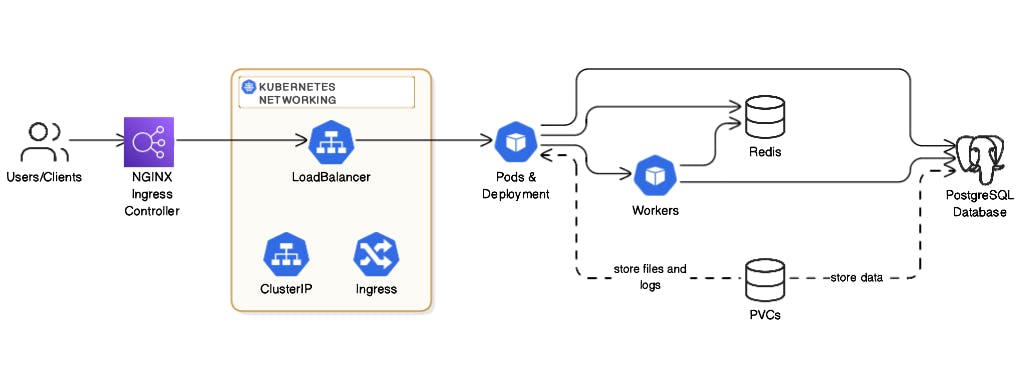Hackernoon
1M
194

Image Credit: Hackernoon
This Open Source Tool Lets You Build Your Own LMS on Kubernetes
- Canvas LMS is a powerful open-source platform for managing student classes, assignments, and research tools.
- It offers modular design, extensive integration options, and support for modern standards like Learning Tools Interoperability (LTI).
- Canvas LMS can be deployed for various purposes, including small groups, research data collection, and development projects.
- Self-hosting Canvas LMS becomes essential for leveraging the full capabilities of LTI services like LTI 1.3.
- This guide focuses on deploying Canvas LMS on a Kubernetes cluster for individuals setting up their own instance.
- Before deployment, foundational components like Docker files and configurations need to be set up for Canvas LMS.
- Kubernetes simplifies the orchestration of containerized applications like Canvas LMS, enabling distributed clusters and microservices.
- Kompose tool is used to convert Docker-based configurations into Kubernetes manifests for deploying Canvas LMS on Kubernetes.
- Deployment components include Deployments, Services, and Persistent Volumes to ensure proper functionality of Canvas LMS.
- Troubleshooting common issues like 502 and 503 errors, permission problems, and asset compilation is essential for successful deployment.
- By deploying Canvas LMS on Kubernetes, organizations and educators gain full control over their learning management systems, with the ability to self-host and utilize advanced features of LTI 1.3.
Read Full Article
11 Likes
For uninterrupted reading, download the app